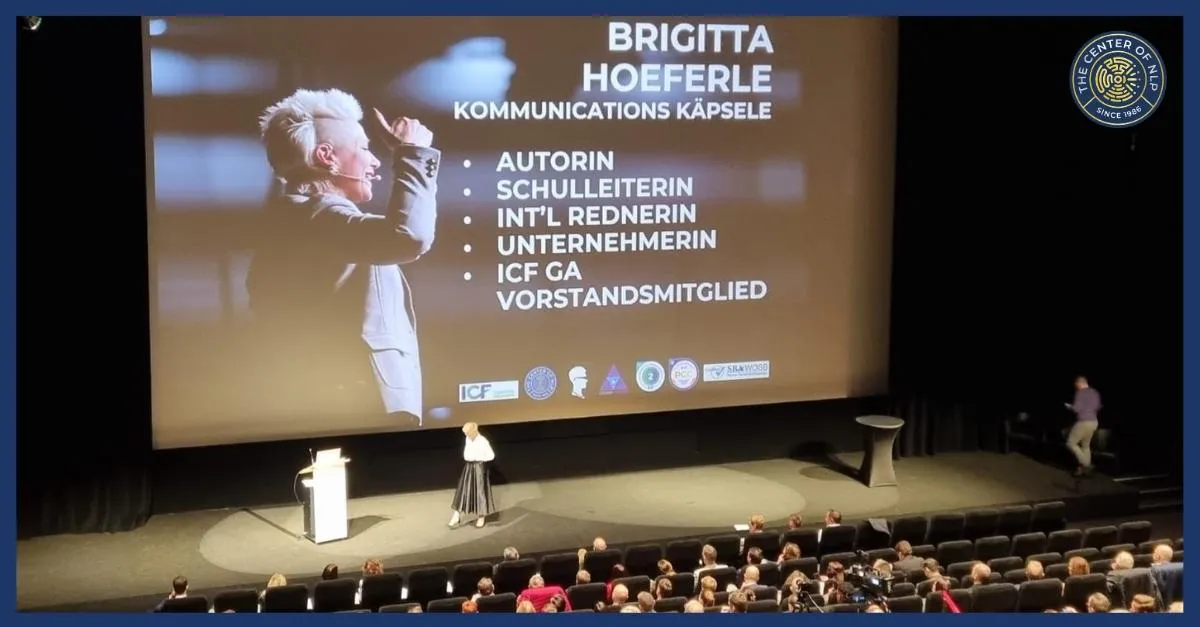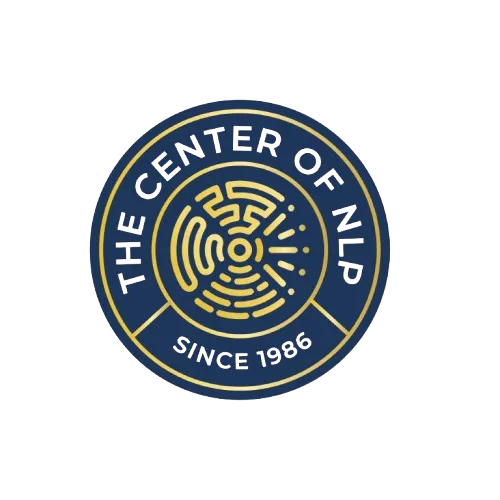
NLP for Presentation and Public Speaking Skills
Neuro-Linguistic Programming (NLP) is a powerful psychological approach that has gained significant recognition recently. It offers a range of techniques and strategies that can enhance various aspects of our lives, including public speaking and presentation skills. In this article, we will explore the role of NLP in improving these crucial skills and how it can empower individuals to communicate effectively and confidently in front of an audience.
1. Introduction: Understanding the Importance of Public Speaking and Presentation Skills
Public speaking and presentation skills play a vital role in our lives, whether delivering a business presentation, speaking at conferences, or simply expressing our ideas and thoughts confidently. The ability to communicate effectively in front of an audience enhances our professional growth and boosts our self-confidence and personal development.
2. What is Neuro-Linguistic Programming (NLP)?
Neuro-Linguistic Programming, often called NLP, is a behavioral science that explores the relationship between our mind, language, and behaviors. It offers practical tools and techniques to understand and reprogram our thinking and behavior patterns. NLP enables individuals to improve their communication skills, enhance personal effectiveness, and achieve desired outcomes in various areas of life.
3. Building Confidence and Overcoming Stage Fright with NLP
One of the significant challenges individuals face when speaking in public is stage fright and a lack of confidence. Neuro-Linguistic Programming (NLP) provides practical strategies to overcome these obstacles. By identifying and replacing negative thought patterns with positive ones, individuals can reframe their perception of public speaking and build confidence from within.
4. Developing Effective Communication Skills through NLP Techniques
NLP techniques focus on understanding the language patterns and non-verbal cues that influence communication. By honing these skills, individuals can express their ideas clearly, structure their message effectively, and engage the audience on a deeper level. NLP empowers speakers to adapt their communication style to different audiences, making their presentations more impactful.
5. Enhancing Non-Verbal Communication for Impactful Presentations
Non-verbal communication, such as body language, facial expressions, and gestures, plays a crucial role in public speaking. NLP helps individuals become more aware of their non-verbal cues and learn to utilize them effectively. By mastering techniques such as mirroring and matching, individuals can establish rapport with the audience and convey their message more significantly.
6. Utilizing NLP Anchoring Techniques for Positive Speaking States
NLP anchoring techniques involve associating certain positive emotions and states with specific triggers. By using these techniques, individuals can anchor themselves in positive speaking states, such as confidence, enthusiasm, and calmness. Anchoring enables speakers to access these states at will, allowing them to deliver robust and engaging presentations.
7. Overcoming Limiting Beliefs and Self-Sabotage
Limiting beliefs and self-sabotage can hinder individuals from reaching their full potential in public speaking. NLP provides tools to identify and reframe these limiting beliefs, allowing individuals to overcome self-imposed barriers. Through techniques like belief change patterns and timeline therapy, individuals can replace negative thoughts with empowering ones, unlocking their true speaking potential.
8. Using Language Patterns to Engage and Persuade the Audience
Language patterns have a significant impact on the effectiveness of communication. NLP equips individuals with various language patterns that can engage and persuade the audience. Techniques like embedded commands, presuppositions, and sensory language help speakers convey their message more persuasively, capturing the attention and interest of their listeners.
9. Developing Rapport and Connection with the Audience
Establishing rapport and connection with the audience is vital for effective public speaking. NLP provides techniques to build rapport quickly and develop a positive relationship with listeners. By mirroring the audience's body language, matching their speech patterns, and utilizing sensory-based language, speakers can create a sense of camaraderie that enhances engagement and understanding.
10. Improving Storytelling Skills with NLP
Storytelling is a powerful tool in public speaking, as it captivates the audience's attention and helps engagingly deliver complex ideas. Neuro-Linguistic Programming (NLP) offers techniques to craft compelling stories using sensory-rich language, creating vivid imagery, and effectively structuring narratives. By incorporating NLP storytelling techniques, speakers can make their presentations more memorable and impactful.
Explore ethical and effective communication techniques with our tailored NLP techniques for maintaining authenticity while achieving your goals.
11. Using Visualization and Mental Rehearsal for Successful Presentations
Visualization and mental rehearsal are powerful techniques used in NLP to enhance performance. Speakers can reduce anxiety and improve their overall performance by visualizing successful presentations and mentally rehearsing the delivery. These techniques help speakers develop a familiarity with the production, allowing them to deliver it with greater confidence and precision.
12. Practicing Mindfulness and Centering Techniques
Mindfulness and centering techniques are valuable tools for managing stress and staying present during public speaking engagements. NLP offers methods to cultivate mindfulness and center oneself before, during, and after a presentation. By practicing these techniques, speakers can maintain focus, manage anxiety, and remain grounded, resulting in more composed and effective communication.
13. Harnessing Emotional Intelligence for Effective Public Speaking
Emotional intelligence plays a crucial role in public speaking and presentation skills. Neuro-Linguistic Programming (NLP) helps individuals develop emotional intelligence by increasing self-awareness, understanding the emotions of others, and managing emotional states effectively. By incorporating dynamic intelligence principles, speakers can connect with the audience on a deeper level, inspire trust, and deliver presentations that resonate emotionally.
14. Integrating NLP Principles in Presentation Structure and Delivery
NLP principles seamlessly integrate into the structure and delivery of presentations. By using techniques like pacing and leading, effectively chunking information, and strategically using language patterns, speakers can create engaging, persuasive, and well-structured presentations. NLP empowers speakers to deliver their message with clarity, impact, and authenticity.
15. Conclusion
Neuro-Linguistic Programming (NLP) offers a range of powerful techniques and strategies that can significantly improve public speaking and presentation skills. By leveraging NLP principles, individuals can overcome stage fright, develop practical communication skills, enhance non-verbal communication, and overcome limiting beliefs. NLP empowers speakers to engage the audience, deliver impactful presentations, and communicate confidently and authentically.
FAQs
How long does it take to see improvements in public speaking skills with NLP?
The speed of improvement varies from person to person. With consistent practice and application of NLP techniques, individuals can start noticing improvements within a few weeks or months.
Can NLP help with public speaking anxiety?
Yes, NLP provides powerful tools to overcome public speaking anxiety. Reframing, anchoring, and visualization can significantly reduce stress and increase confidence.
Is NLP suitable for all types of public speaking engagements?
NLP techniques are applied to various public speaking engagements, including business presentations, seminars, conferences, and personal speeches.
Can NLP help improve impromptu speaking skills?
Absolutely! NLP equips individuals with tools to think on their feet, structure impromptu speeches effectively, and deliver them confidently and clearly.
Are there any resources or courses available to learn NLP for public speaking?
There are numerous resources and courses available that specifically focus on using NLP techniques to enhance public speaking and presentation skills. Search online or consult with NLP practitioners to find the most suitable options.
Check Out For more:

